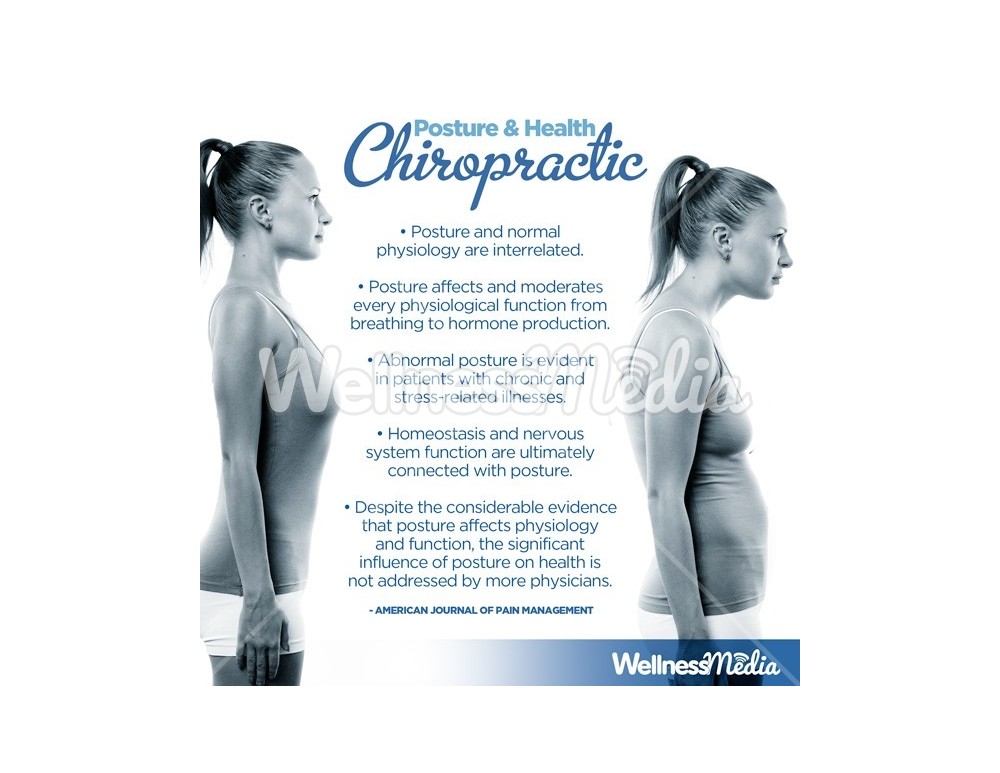The Function Of Nutrition In Back Pain Monitoring: Foods To Consume And Prevent
The Function Of Nutrition In Back Pain Monitoring: Foods To Consume And Prevent
Blog Article
Content Written By-Cochrane Sharpe
When it comes to handling your neck and back pain, the food choices you make can dramatically affect how you feel on a daily basis. Think of having the ability to alleviate your pain just by readjusting what you consume. By comprehending the function of nourishment in pain in the back monitoring and understanding which foods to integrate or steer clear of, you can take positive steps towards a healthier and more comfortable lifestyle. The connection in between nutrition and back health and wellness is much more extensive than you might understand-- let's explore how specific foods can either soothe or worsen your back pain.
Importance of Nourishment in Neck And Back Pain
Nutrition plays a crucial duty in taking care of pain in the back. Your diet regimen can dramatically influence swelling degrees and general pain degrees in your back. Eating a balanced diet abundant in nutrients like vitamins D and K, calcium, magnesium, and omega-3 fatty acids can help reduce inflammation and strengthen bones, which are necessary for back health.
Furthermore, maintaining a healthy and balanced weight through proper nutrition can minimize tension on your spinal column, minimizing the threat of neck and back pain.
Additionally, certain nutrients like antioxidants discovered in vegetables and fruits can assist combat oxidative tension and promote healing in the body, including the back muscles and back.
On the other hand, eating extreme quantities of processed foods, sweet drinks, and undesirable fats can contribute to inflammation and weight gain, worsening pain in the back.
Foods to Consume for Back Wellness
To sustain a healthy and balanced back, including nutrient-rich foods right into your everyday dishes is vital. Consisting of foods high in anti-oxidants like berries, spinach, and kale can help reduce swelling in your back, easing discomfort and discomfort. Omega-3 fatty acids discovered in fatty fish such as salmon and mackerel have anti-inflammatory buildings that can benefit your back wellness.
In https://www.medicalnewstoday.com/articles/why-is-my-sciatica-not-going-away , taking in nuts and seeds like almonds, walnuts, and chia seeds provides crucial nutrients like magnesium and vitamin E, which sustain muscular tissue function and lower oxidative anxiety. Incorporating lean healthy proteins such as poultry, turkey, and tofu can help in muscle mass repair work and maintenance, promoting a strong back.
Do not forget to consist of milk or strengthened plant-based choices for calcium to sustain bone health. Lastly, moisturize with plenty of water to maintain your spine discs moisturized and functioning efficiently. By consisting of these nutrient-dense foods in your diet regimen, you can nurture your back and support overall spine health and wellness.
Foods to Stay Clear Of for Neck And Back Pain
Go with staying clear of refined foods high in added sugars and trans fats when looking for remedy for pain in the back. best chiropractor in manhattan of foods can contribute to swelling in the body, which may aggravate neck and back pain. Say no to sugary treats like candy, pastries, and sugary drinks, in addition to fast food products like hamburgers, fries, and fried chicken that are usually filled with trans fats.
Additionally, stay away from foods including high degrees of polished carbs, such as white bread, pasta, and pastries, as they can spike blood glucose degrees and possibly get worse inflammation in the body.
It's also important to restrict your consumption of foods high in hydrogenated fats, like red meat and full-fat dairy products, as they can contribute to swelling. Processed foods like delicatessens meats, chips, and packaged treats are often high in saturated fats and must be eaten in small amounts.
Final thought
To conclude, taking notice of your diet and making smart food selections can have a considerable effect on managing pain in the back. By incorporating nutrient-rich foods like berries, fatty fish, nuts, and lean healthy proteins, and preventing processed and sugary things, you can help in reducing swelling and support generally back health. Keep in mind, what you eat plays a vital function in just how you feel, so ensure to prioritize your nourishment for a much healthier back.
